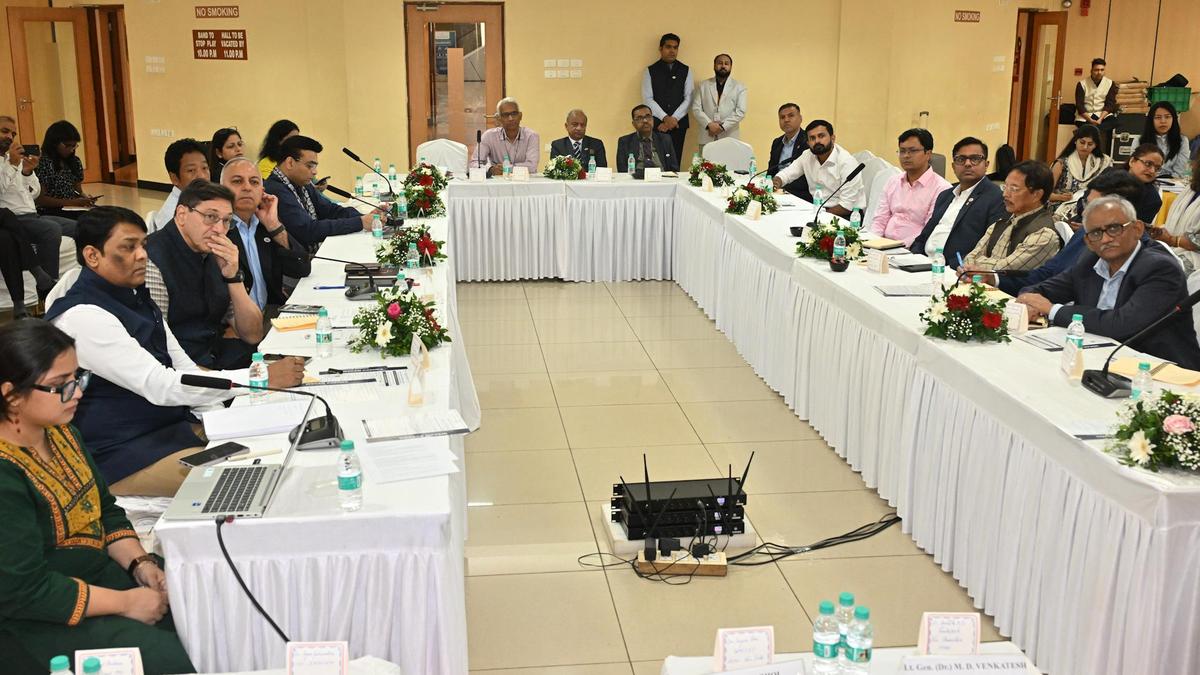Copyright lestimes

…as regional law enforcement agencies unite to build capacity Moroke Sekoboto CYBERCRIME has now escalated to a full-blown regional crisis transcending borders, demanding a united front from all Southern African Development Community (SADC) member states and Interpol. This stark warning emerged at the opening of a four-day Southern African Regional Police Chiefs Cooperation Organisation (SARPCCO) capacity-building workshop, hosted in Maseru this week to strengthen law enforcement agencies’ ability to combat fast-evolving cyber threats. Speaking at the opening of the workshop on Monday this week, Lesotho Mounted Police Service (LMPS)’s Assistant Commissioner of Police (ACP), Tebello Tšephe, said each member state was required to host at least two strategic interventions — whether training, conferences, or other capacity-building initiatives. ACP Tšephe said Lesotho volunteered to host this cybercrime course not only to fulfil that obligation, but also as a proactive step in strengthening regional responses to cybercrime and cyber-enabled threats. “Cybercrime knows no borders; it evolves rapidly, exploiting vulnerabilities across jurisdictions and systems,” ACP Tšephe said. “As law enforcement agencies, our ability to keep pace with these threats depends on our capacity to learn, adapt, and collaborate. This course is a testament to that spirit of unity and resilience.” He expressed gratitude to facilitators from RB Harare and Interpol, saying their expertise and support from SADC reinforced the importance of regional solidarity in combating transnational crime. LMPS’s Deputy Commissioner of Police (DCP), Paseka Mokete, echoed similar sentiments, noting that collaboration has always been at the heart of Interpol and SARPCCO’s mission. “As we approach the 93rd Session of the Interpol General Assembly in Morocco at the end of November, we continue our journey of cooperation and shared strategy against crime,” DCP Mokete said. “Transnational organised crimes know no borders, calling for collective and concerted efforts to fight back. Cybercrime is no longer a challenge — it is a crisis we face together. Through unity, knowledge, and collaboration, we can effectively confront and win this fight.” Head of the Africa Cybercrime Operations Desk at Interpol, Isah Mohammed, said the workshop was part of broader strategic efforts to enhance the capacity of law enforcement agencies across Africa. He said the investigation of transnational crime is increasingly intertwined with cybercrime, emphasising that capacity building, collaboration, and shared commitment are crucial to success. “We can only succeed in tackling this crime through collaboration and mutual support,” Mr Mohammed said. “Interpol remains committed to providing investigative support to member countries to help them effectively respond to various threats.” He added that since the inception of the Africa Joint Cybersecurity Operations Against Cybercrime Project in 2021, Interpol has been helping member states enhance operational capabilities and coordinate joint operations. Mr Mohammed further warned that as the world becomes more digitised, criminal syndicates continue to exploit the cyberspace for illicit activities such as crypto ransomware, phishing, and online scams. “As technology advances, more cyber threats emerge, prompting the need for advanced security measures and vigilance. Cyberattacks on critical infrastructure could cause enormous damage to the region,” he said.



